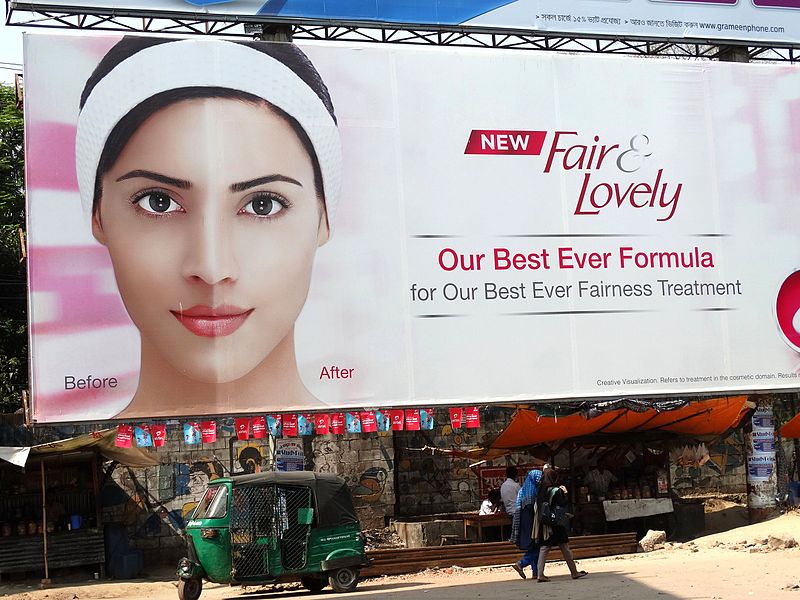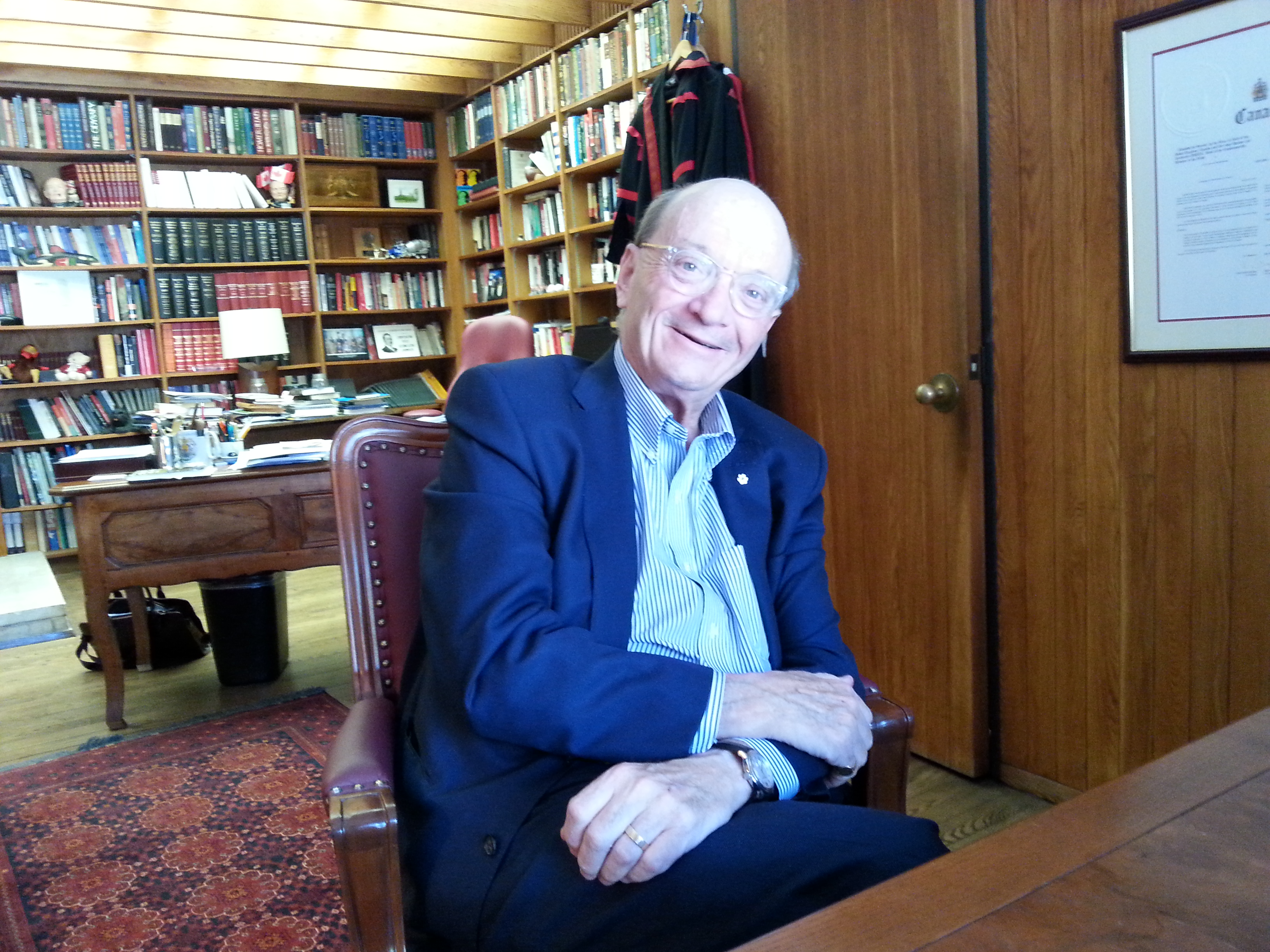Skin lightening has quietly become a common procedure in India and across the world. Skin lightening involves the use of products, treatments and procedures to lighten one’s skin. In 1999, the skin lightening market in India was evaluated at US $68 million. In 2012, it had grown to over US $450 million and has since continued to grow. There are many procedures and treatments available to lighten one’s skin – such as creams, serums, facials and even more invasive treatments such as laser skin therapy and HydraFacials. Fair and Lovely is the most prominent lightening product available in India, with its various creams and ointments taking up an 80% share of the Indian skin lightening market.
Why do so many women in India wish to lighten their skin? Prominent research finds that women with lighter skin tend to have higher educational attainments, higher incomes and socialize in more economically and culturally privileged social circles. Light skin is argued to be associated with patterns of privilege and skin lightening products such as Fair and Lovely are providing women with access to the social status associated with lighter skin.
A glaring problem with skin lightening products are the health consequences. Skin lightening creams and serums contain Hydroquinon (HQ), a bleaching agent which is said to slow the production of melanin. Hydroquinon has also been associated with discoloration of skin, damage to adrenal glands, kidney and liver failure, and even cancer. While marketing campaigns for skin lightening products bypass the health risks associated with the products, they are an unavoidable consequence of skin lightening products.
Furthermore, the skin lightening market in India is time and again accused of repressive campaigns, as opposed to the empowerment the products argue they provide women. For example, a popular Fair and Lovely commercial starts off with a prominent Bollywood actress meeting her friend at the airport. The friend congratulates the actress on her wedding and says she has the “newly married glow”. The actress pulls out a tube of Fair and Lovely and says it isn’t a marriage glow, but Fair and Lovely. She then gives the cream to her friend and in Hindi exclaims, “use this and you’ll find a great husband as well!”
While research on skin lightening has been associated with economic and social patterns of privilege, the Indian campaigns hone in on one very patriarchal and archaic idea of empowerment: better marital partner selection. This message only further entrenches patriarchal gender norms within India and reinforces external standards of beauty as the sole marker of value for women.
Lastly, the effectiveness of skin lightening products has been called into question. The product Fair and Lovely in particular has been criticized by women who have used the product, but have not seen any results. It is also criticized by prominent researchers who argue the combination of active ingredients cannot produce the desired lighter skin offered by the product.
Despite the abovementioned concerns, Fair and Lovely is still considered a socially responsible product in India. The product argues it is providing an important service to women: it is much more affordable than other skin lightening treatments, therefore even low-income women can take advantage of the privilege afforded by lighter skin in India.
The company argues that by creating affordable skin lightening products women, it offers women without substantial economic capital the chance to take advantage of some of the cultural and social advantages associated with lighter skin, leading to a social and economic step up and making women feel “empowered.” It is considered an affordable consumer product formulated for the needs of any and all women in India, even those without the economic means for harsher procedures such as hydrafacials or laser therapy.
However, research has shown a lack of tangible evidence of effectiveness for skin lightening products such as Fair and Lovely. In addition to the health concerns associated with these products, they are criticized for further marginalizing and oppressing women by cementing the ideal that lighter skin is better and a justifiable measure of prosperity. Considering the issues for women’s security and empowerment in India today, the products’ designation as “socially responsible” is questionable.
Photo: Fair and Lovely – Billboard for Skin-Whitening Cream (March 12, 2014), via Wikimedia Commons. Licensed under CC BY 2.0.
Disclaimer: Any views or opinions expressed in articles are solely those of the authors and do not necessarily represent the views of the NATO Association of Canada.




